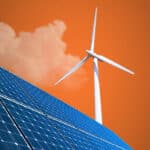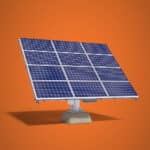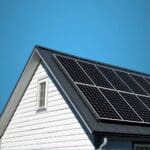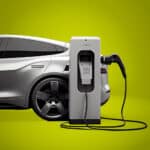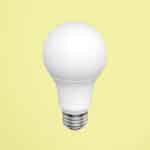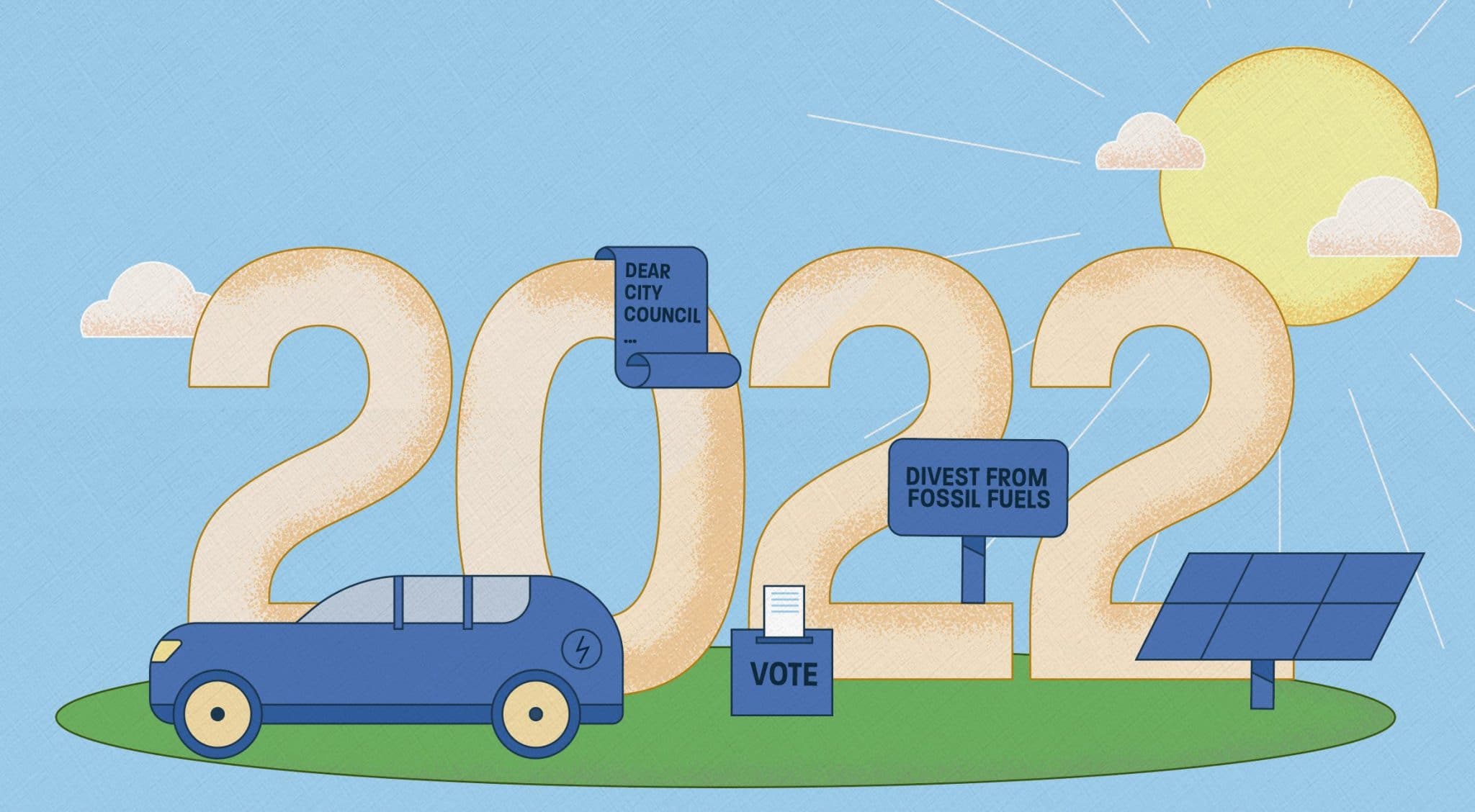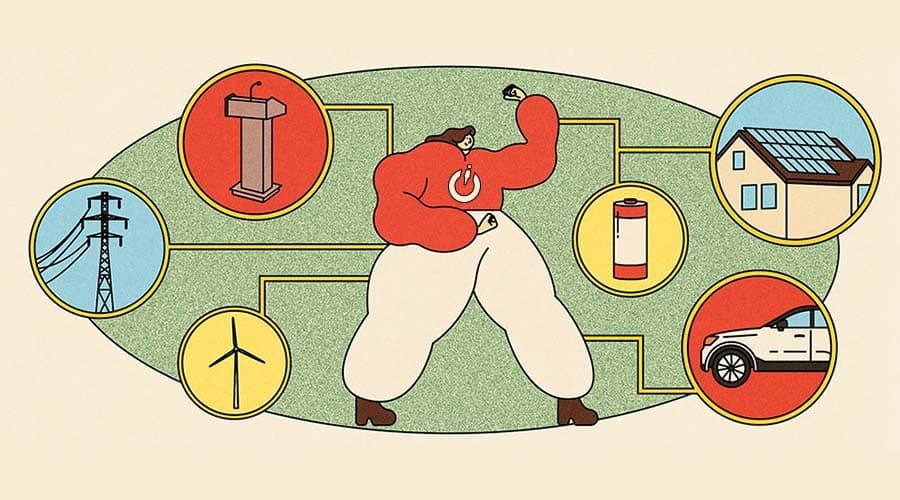Happy 2022, Flip the Script readers!
With a new year comes a new chance to focus on what matters most. If you’re one of the many Americans feeling concerned about climate change but not sure where to start, we’ve got you covered.
But first, a shot of inspiration.
Reading news reports on climate disasters can be paralyzing. Fortunately, there’s much more to the story: the transition away from climate-harming fossil fuels toward renewable energy sources is well underway and has unprecedented momentum. Here are a few examples of what we mean:
- Eighty-two percent of U.S. voters support clean energy policies.
- Over 70% of Americans are now interested in buying electric vehicles.
- Clean energy jobs are among the fastest growing occupations in the U.S.
- Thousands of businesses, states, cities, and others have pledged clean energy goals, and the list keeps growing.
- Solar is now the cheapest energy source. Wind and solar capacity will double over the next 5 years worldwide, surpassing gas and coal.
What’s more, individuals aren’t waiting around for broad policy changes to be a part of the clean energy solution. Technologies like home solar and electric vehicles are cheaper than ever and will only get more affordable. If those aren’t feasible, raising your voice to support clean energy policies that make clean energy more accessible is equally important.
Here are five high-impact ways you can take action on clean energy in the year ahead – as a consumer, a community member, and a voter.
Five ways to make a big impact on climate and clean energy
- Consider driving an electric car: Transportation is the leading source of carbon emissions, so switching to an electric car (with zero tailpipe emissions) will make an immediate impact. In the market for a car? Check out the new and used EV markets. Not in the market? Pledge to make your next vehicle an EV.
- Go solar or start a solar school campaign: Like EVs, solar power cuts emissions significantly while saving money. You can explore whether rooftop solar is right for your home or if you rent or live in an apartment, explore community solar here or here. Is your child’s school solar yet? Solar on schools has more than doubled in the last five years. Schools that have switched to solar are reinvesting their energy cost savings into teacher pay, school supplies, and other ways, while teaching kids about STEM and sustainability. Find a solar school near you to get inspired, and check out our Campaign Toolkit or Help Desk to kickstart a solar schools campaign in your community.
- Be a clean energy advocate and voter: Show up online by using your voice on social media, engage with your neighborhood and community through conversation, wear your support for clean energy, or share art that communicates the core message that Americans want bold government action on clean energy—now. Among the many issues vital to our country’s future, clean energy will most definitely be “on the ballot” in midterm elections this November. We need to let candidates know we care about clean energy and plan to elect candidates that do, too. Stay up-to-date on upcoming elections in your state and sign up for action alerts from the League of Conservation Voters to speak up for issues that matter throughout the year.
- Dig into the action underway in your city, state or region: Dig into the action underway in your city, state or region: What climate commitments have been made? How is energy generated in your state? What is the deal with your utility’s clean energy offerings? What’s the deal with FERC? Write letters to your local papers, to city council, and join local and state clean energy and environmental groups to learn more about how to engage and put pressure on your utility, your city council, your school board, etc.
- Stop funding fossil fuels: Our financial system has a massive role to play in accelerating a clean energy future. Tell your bank to divest; tell your stock broker you want ESG funds, tell your university to divest (or thank them if they have already), and don’t support businesses that funnel money to politicians that aren’t helping address the crisis.
Lastly, whatever you do, evangelize: Behavioral science finds social pressure and cues influence others’ behavior toward clean energy. For example, solar has a strong “contagion effect”: when you see your neighbor’s solar panels, it makes you consider getting them too. This kind of peer pressure can also influence your buying an EV and other choices.
Lastly, remember you’re not alone. Our collective actions can influence communities—and ultimately build widespread political will—leading governments and businesses to respond more quickly and effectively.
Together, we’ve got this.
